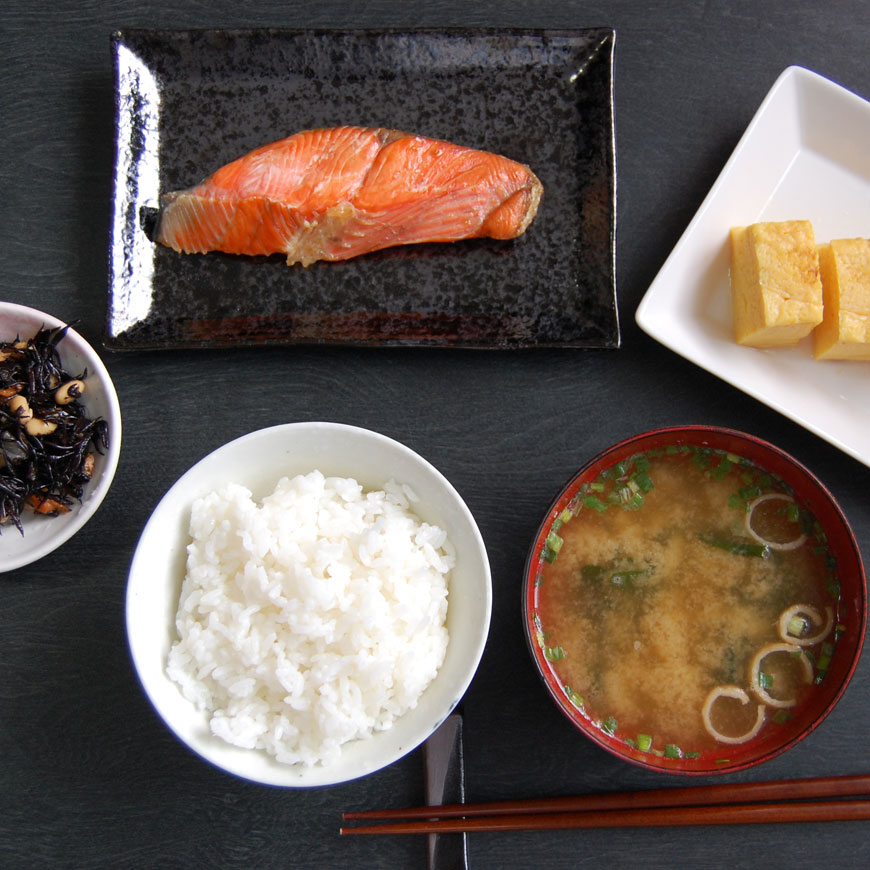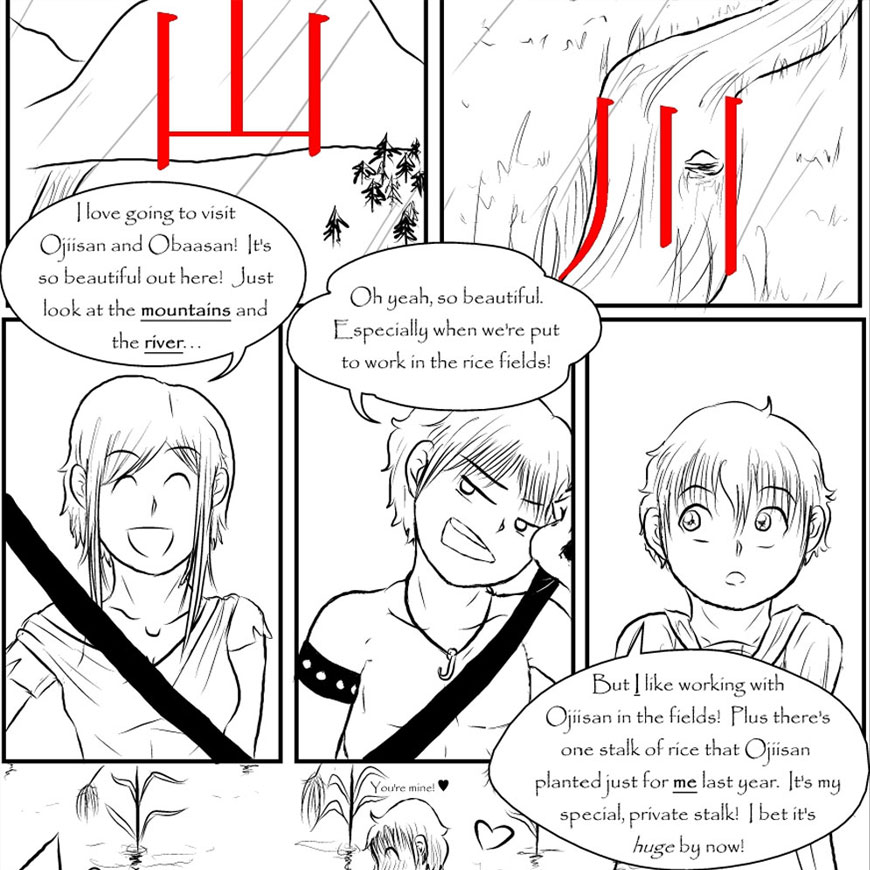Inquire
Mayu Takasaki
Japanese Student Advisor
mayu.takasaki@ubc.ca
Mayu Takasaki
Japanese Student Advisor
mayu.takasaki@ubc.ca
Japanese Studies (JPST) courses can open your world to a whole new perspective. Students in these courses start learning how to communicate in Japanese language in order to engage with new friends and gain a new perspective on the world.
JPST language classes are full of in-class and online activities that develop essential speaking, listening, writing and reading skills for both collaborative and independent study contexts. Online language exchange with native speakers or other learners of Japanese, current events, and traditional and contemporary cultural information make your study engaging and rewarding.
Taught in English, JPST culture courses use the analysis of anime, manga, food culture, gender roles, film and much more to develop skills in critical thinking and writing. Learn more about this fascinating country’s history and culture in stimulating, interactive classes. JPST 215: Introduction to Contemporary Japan Through Pop Culture, is cross-listed with CULT 205 and fulfills a requirement for the CULT major/minor.
Japanese cuisine (washoku) has been gaining recognition and popularity over the last decade. Japanese cuisine is also believed to be healthy and that is one of the reasons why it received such praise. In this course, students will explore various aspects of Japanese food throughout its development and understand the phenomena and food related activities that we see today. (Course: JPST 370)

Do you need some help remembering all those interesting and fun kanji (Chinese characters) that you have to learn when you study Japanese? Try these online video mangas for Genki I and II that use storytelling and visual mnemonics (memory aids) to illustrate the kanji for several chapters of the Genki textbooks.

Find out more about the JPST courses and how they can be used for your degree at UBC Okanagan.
We offer 4 levels of Japanese language regularly – JPST 100, 101, 200 and 201. Occasionally we offer a 300-level language course based on manga.
We offer the Food Culture class (JPST 370) regularly, and the Popular Culture course (JPST 215/CULT 205) and Film course (JPST 354) on an alternating basis. We also have a Topics course (JPST 395) that we offer occasionally, based on current and interesting themes. These culture-based courses are offered in English, and the prerequisites vary, so please check out the Academic Calendar for JPST course descriptions.
JPST 100 is usually offered in the first summer term, the first winter term, and occasionally in the second winter term (usually as a web-based hybrid course).
JPST 101 and 201 are only offered in the second winter term, and JPST 200 in the first winter term.
We use Genki: An Integrated Course in Elementary Japanese, books I and II. Here’s how we break down the chapters:
True beginners should register in JPST 100. In this course, we start with basic greetings, the writing system, and gradually move from survival Japanese to a bit more conversational Japanese. There is no prerequisite for this course.
If you have taken Grade 12 high school Japanese, you cannot register in JPST 100 for credit. You should speak with the Advisor to decide if you should register in JPST 101 or 200. This will probably involve taking a placement test. (Note that if you are thinking about transferring to UBC Vancouver later in your studies, there are some other considerations. If you take JPST 100 after successfully completing Japanese 11, or JPST 101 after successfully completing Japanese 12, you will not get transfer credit for it at UBCV. We are a bit more flexible at UBCO, and try to place you in the course that is appropriate to your level of prior knowledge.)
If you have taken Grade 11 Japanese, you should be able to proceed directly into JPST 101 if you are sufficiently prepared, and that again involves speaking with the advisor and taking a placement test. If you are well-prepared, the advisor will sign a waiver for you to go into JPST 101. Please note that 101 is not taught until the W2 term, and the prerequisite is JPST 100, so you have to have a waiver if you have not completed that course.
If you have lived in Japan, have a parent that speaks Japanese with you, or have spent a lot of time studying Japanese on your own, you may be able to get a prerequisite waiver for a course that will let you enroll in a higher level. What should you do? Speak to the Advisor!
If you are a native speaker of Japanese, you should not enroll in the language courses.
You cannot go backwards in the course progression (i.e. you can’t take 200 and then go back and take 101), so it’s important to make sure you are placed in the appropriate course. Please contact the Advisor if you have any questions.
Hope to see you in class!